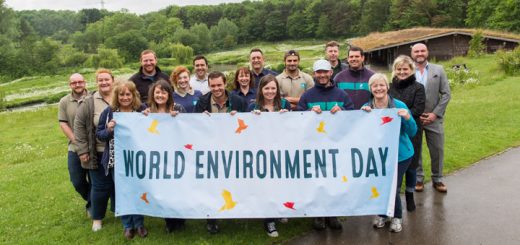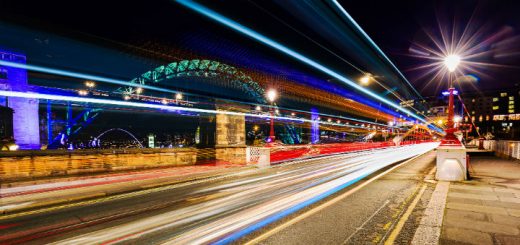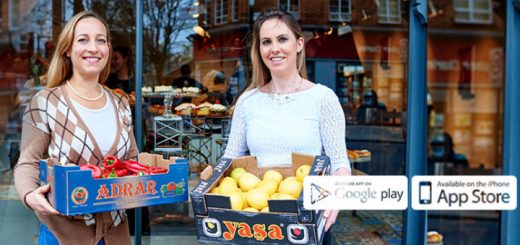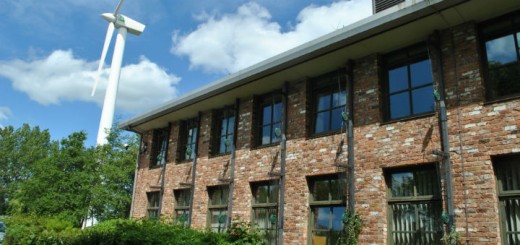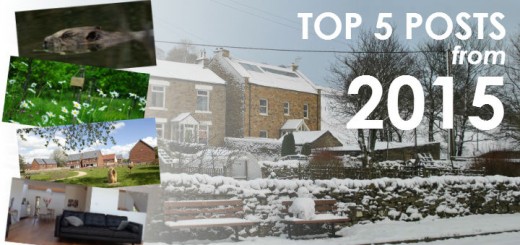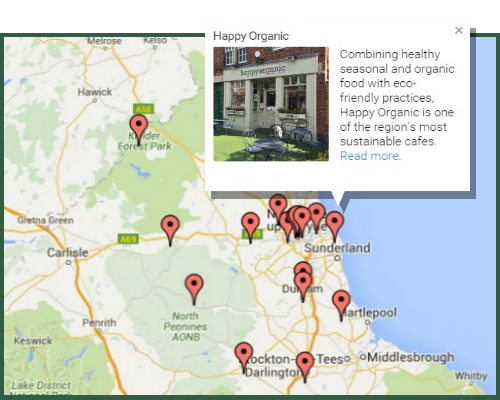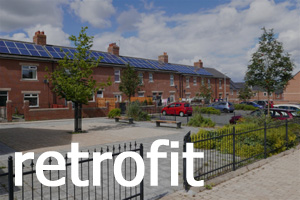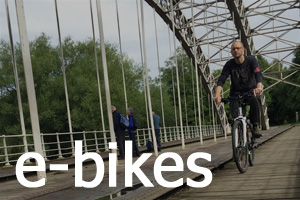Climate Conversation with Dr. Meryl Batchelder
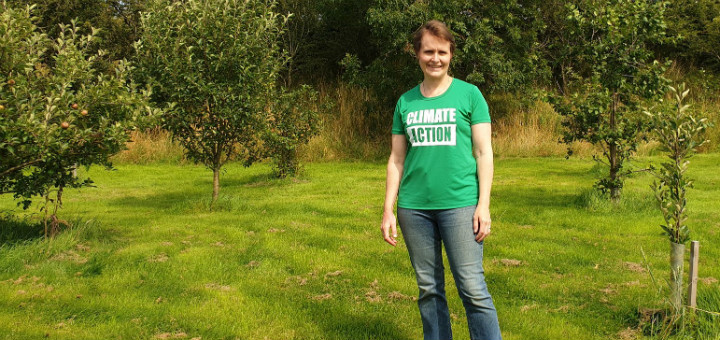
In conversation with Dr. Meryl Batchelder, I learn about her work as a UN accredited climate change teacher, and the planet that the young will inherit.
In this series of Climate Conversations we interview inspiring people living in the North East and hear their thoughts on climate change and our progress towards a low carbon future.
Dr. Meryl Batchelder came to my attention just a few weeks ago when a national newspaper reported that the new North of Tyne combined authority could be the first region in the world to have a UN-accredited climate change teacher in every state school. This goal has been set by the authority’s new mayor and will cover Newcastle, North Tyneside and Northumberland, all three councils which, incidentally, have declared a climate emergency. Meryl, who is Subject Leader for Science at Corbridge Middle School, is helping to lead the project. She agreed to meet me for a coffee to explain more about her work.
“We try and talk the talk, and walk the walk.”It doesn’t take long for Meryl’s infectious enthusiasm to take a firm hold on our conversation. Her family had spent the Sunday before gathering in a crop of broad beans from their smallholding. “They’re a great source of protein,” she says, describing how they’ve squirrelled away over a hundred portions. “We grow nearly 50% of our food ourselves.” I soon learn that their cottage has been retrofitted with PV panels and a ground source heat pump. “We try and talk the talk, and walk the walk,” she says.
“I became convinced that we just aren’t teaching kids what they need to know.”Meryl’s academic background is in Environmental Science and she first learned about climate change back in 1984. “I always expected something would be done about it,” she says, a feeling I can sympathise with. As a teenager, I saw the swift international action to protect the ozone layer and assumed that carbon emissions could be dealt with in much the same way. Meryl has been a teacher for 10 years now, but it was three years ago when the enormity and urgency of the climate crisis really sank in. “In 2016, I was diagnosed with cancer and I took a year off work for treatment and recuperation. It gave me time to reflect. During that year I became convinced that we just aren’t teaching kids what they need to know.”
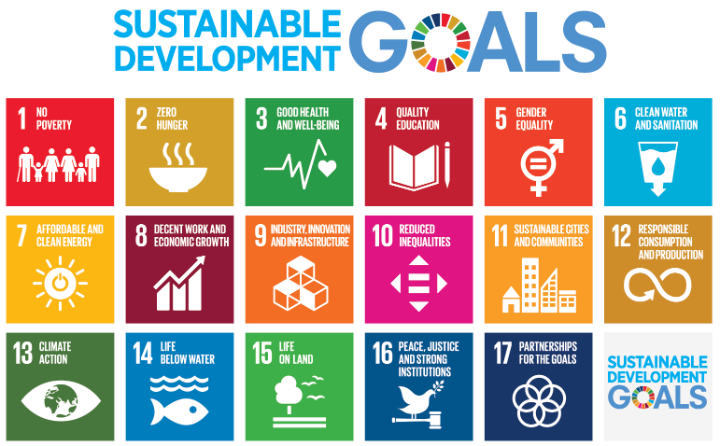
“Now, I introduce ideas about air quality and renewable energy, and because some people in the developing world use kerosene for cooking and lighting, the lesson is also about tackling poverty.”At about the same time, Meryl discovered the UN Sustainable Development Goals. The SDG’s are an internationally agreed set of 17 objectives which act as a holistic blueprint for peace and prosperity, for people and the planet. She exclaims, “This is what we SHOULD be teaching!” The goals are organised into themes such as water, energy, climate, oceans, transport, etc. Her eureka moment came when she realised that she could use the SDG’s as the foundation of her Key Stage 3 science teaching. “For example, I give a practical lesson where we burn kerosene and bioethanol to compare their energy content,” she says. “Now, I introduce ideas about air quality and renewable energy, and because some people in the developing world use kerosene for cooking and lighting, the lesson is also about tackling poverty.” Meryl has since become an ambassador for Teach SDG’s, and there’s been a lot of interest from her fellow teachers and from Ofsted too. She even used the SDG’s framework for an entry to the 2019 RHS School Gardening Champion of the Year competition, and got through to the finals.
“Last year’s IPCC report was a life changer for me. The world is going to go through devastating change.”More recently, Meryl has become a UN accredited Climate Change teacher. “Last year’s IPCC report was a life changer for me,” she says. “The world is going to go through devastating change.” The UN has some fantastic resources for teachers to equip them for the important role they have to play in educating our children. The accreditation is proving popular and there are already over 80 teachers nationally sharing learning resources. Another 600 are currently going through the online training.
I ask her how her pupils are reacting to the climate crisis. A handful have taken part in the school strikes, but middle school children are still young and relatively insulated from the worst news. “I talk to them about the causes of climate change, about mitigation and adaptation. There will be mass migration and sea level rise, but there are lots of other places around the world which will be harder hit that Corbridge.” I’d say it’s a tightrope being truthful but without freaking them out! At the end of her sessions on climate change she asks her students to write a postcard to their MP so they engage with decision makers.
“Personally, I’m not optimistic.”For somebody who is helping to shape climate change education for the better, I’m surprised when she says, “Personally, I’m not optimistic.” Perhaps, despite her enthusiasm, the challenge remains too daunting. She does, however, find seeds of hope in the activism of the young Greta Thunberg. To me, this demonstrates the importance of making sure our young people fully understand climate change and are well equipped to deal with it. Thankfully, Meryl is forging this path for others to follow.




